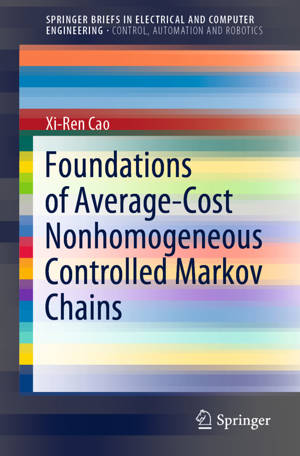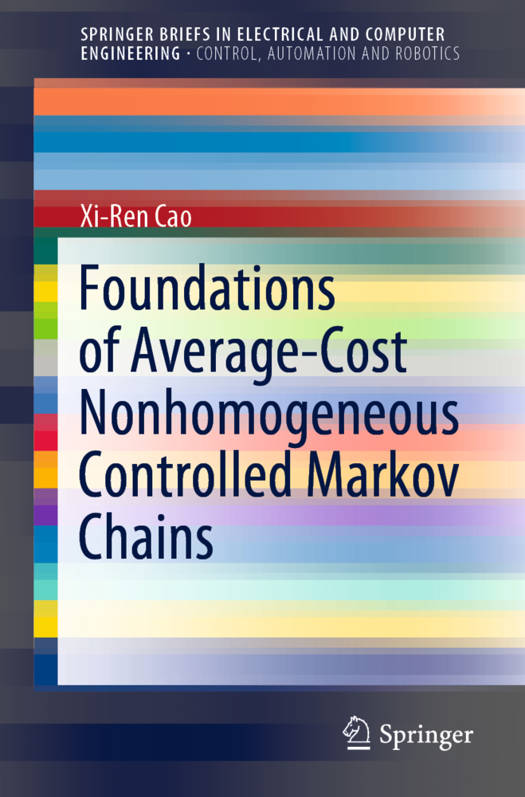
- Afhalen na 1 uur in een winkel met voorraad
- Gratis thuislevering in België vanaf € 30
- Ruim aanbod met 7 miljoen producten
- Afhalen na 1 uur in een winkel met voorraad
- Gratis thuislevering in België vanaf € 30
- Ruim aanbod met 7 miljoen producten
Omschrijving
This Springer brief addresses the challenges encountered in the study of the optimization of time-nonhomogeneous Markov chains. It develops new insights and new methodologies for systems in which concepts such as stationarity, ergodicity, periodicity and connectivity do not apply.
This brief introduces the novel concept of confluencity and applies a relative optimization approach. It develops a comprehensive theory for optimization of the long-run average of time-nonhomogeneous Markov chains. The book shows that confluencity is the most fundamental concept in optimization, and that relative optimization is more suitable for treating the systems under consideration than standard ideas of dynamic programming. Using confluencity and relative optimization, the author classifies states as confluent or branching and shows how the under-selectivity issue of the long-run average can be easily addressed, multi-class optimization implemented, and Nth biases and Blackwell optimality conditions derived. These results are presented in a book for the first time and so may enhance the understanding of optimization and motivate new research ideas in the area.
Specificaties
Betrokkenen
- Auteur(s):
- Uitgeverij:
Inhoud
- Aantal bladzijden:
- 120
- Taal:
- Engels
- Reeks:
Eigenschappen
- Productcode (EAN):
- 9783030566777
- Verschijningsdatum:
- 10/09/2020
- Uitvoering:
- Paperback
- Formaat:
- Trade paperback (VS)
- Afmetingen:
- 156 mm x 234 mm
- Gewicht:
- 190 g

Alleen bij Standaard Boekhandel
Beoordelingen
We publiceren alleen reviews die voldoen aan de voorwaarden voor reviews. Bekijk onze voorwaarden voor reviews.









